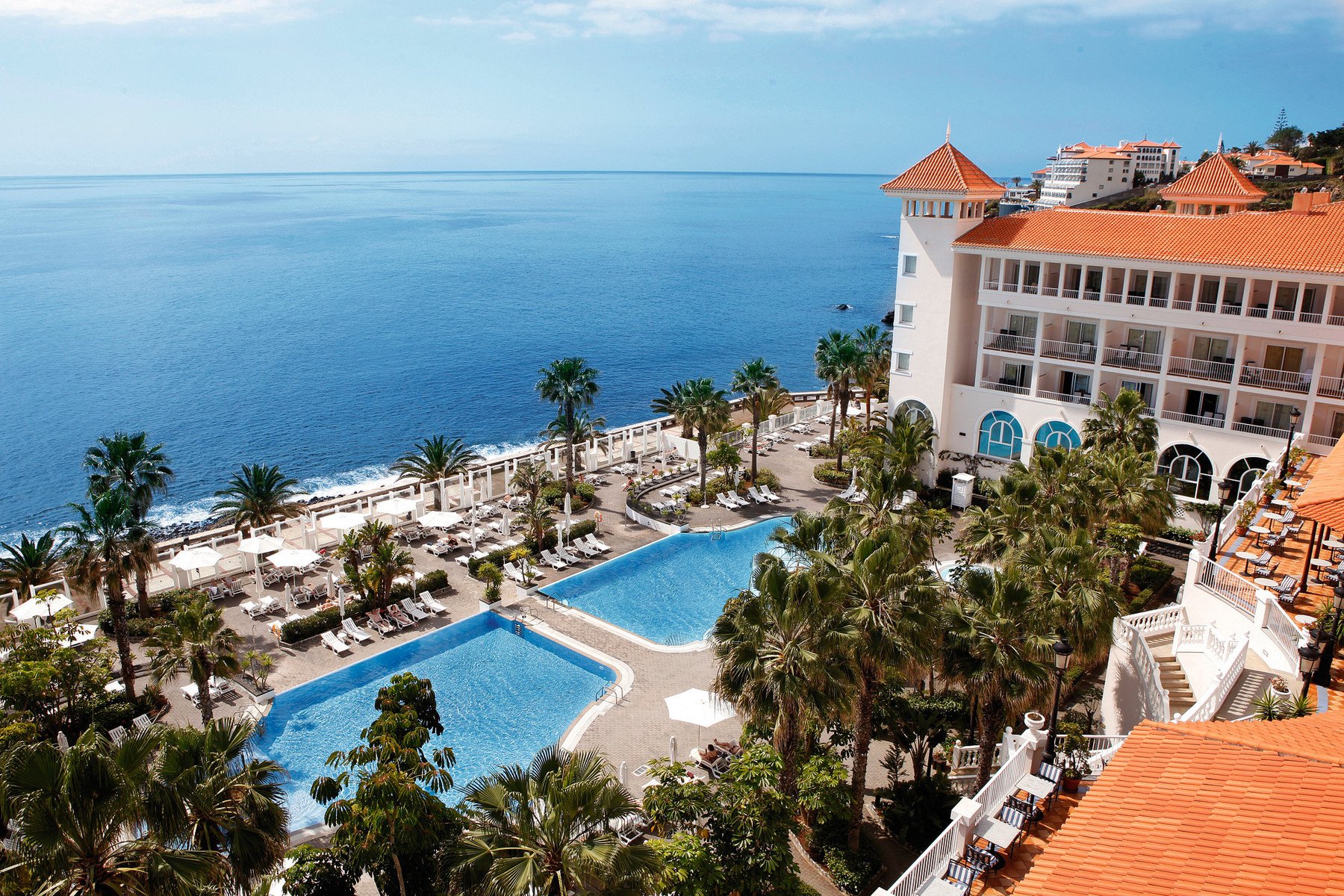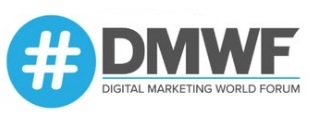
RIU Hotels & Resorts is a Spanish hotel chain founded by the Riu family as a small holiday firm in 1953. It was founded in Mallorca, Spain, and is currently 49% owned by TUI and run by the third generation of the family.
Problem:
On some hospitality websites, finding exactly where you want to stay and making a reservation can be frustrating. Eduard Bonet, VP, digital business, RIU Hotels & Resorts, is working to ensure a superior experience on his company’s website. “We want to analyse and understand the behaviour of our clients in order to detect new needs that directly favour conversion and a positive user experience. At the same time, we want a solution that enables us to have constant, real-time monitoring of onsite navigation in order to reduce action times before any anomaly, internal or external, could directly impact our business.”
“The competition in this sector is very aggressive,” Bonet reports. “So, the user experience is vital since it works fundamentally with the emotions of the customer when they choose a hotel or resort. The need to identify the optimal path to reservation is a constant challenge and is necessary to strengthen our relationship with our customers.”
The number one goal: “A more realistic view of the behaviour of our customers and to be able to identify and understand the problems they encounter during navigation and to be able to anticipate the needs they might have. At the same time, we want a system that will ensure the security of the organisation, avoiding possible fraud with negative consequences on the business and the brand.”
Solution:
RIU has enjoyed three innovations in its marketing efforts:
- Event configuration: Configuration of events by patterns or specific KPIs to better understand customer behaviour.
- Struggle analysis: Incorporation of ad hoc metrics to better measure obstacles.
- Segmentation: User behaviour measurement of events, resulting in segmentations to better understand customer behaviour across the platform.
Bonet reports: “We were able to analyse and quantify the real impact of the obstacles encountered, which has allowed us to make efficient use of resources when prioritising the initiatives to improve conversion. This helped our team do things better than before by enabling us to detect anomalies on the website well in advance and to react quickly. At the same time, we can demonstrate with real data how the actions carried out on the website are working. We can inform different departments within the company about what is happening on the website — in particular, when architectural errors occur.”
Anomaly detection is used to automatically detect behaviour variations, as well as to see correlated metrics that enable RIU to investigate the causes of problems. “My team is amazed at the speed and accuracy with which we can detect problematic situations, and the impact calculation that we can make.” Another aspect to emphasise is how Acoustic Tealeaf also supports more agile decision-making in other departments thanks to the ease of exploring data and generating hypotheses.
Challenges involved with implementation and how these were overcome:
If you were trying to make a room reservation online, and it was non-stop hassle, how long would you keep trying before starting to look for another place to stay? Likely, not long. That’s why RIU Hotels & Resorts uses Tealeaf: to quickly find and fix any website issues that might cause it to lose customers — and to instead gain insights that help attract and serve customers.
Result:
Looking back at what his team is able to do now, Bonet reflects: “Thanks to the Tealeaf tool and the collaboration of our partner Luce Innovative Technologies, we have been able to detect anomalous situations that, analysing the economic impact, amounted to 3% of web traffic. As a result of the analysis, we have been able to design new strategies that have enabled us to reduce the number of obstacles by redirecting traffic towards the optimal funnel.
“At the same time, the use of Tealeaf has helped us to reduce situation analysis efforts by 30% since the platform design is intuitive when looking for behaviour patterns. In addition, Tealeaf has helped to reduce response times by more than 50% since before we had to analyse logs and other records to understand the current situation.
“To help prevent attacks on the web, Tealeaf can spot a malicious user simulating human behaviour and performing thousands of searches per second. We have also been able to detect cases of fraud, such as unique users who made multiple fraudulent purchases on the web, and with Tealeaf, we were able to determine that they were the same user.
“In the end, our main objective is to improve each step of the purchasing process, which is why micro-conversions and individual objectives are proposed in each funnel, to guarantee the purchase of customers.”

Interested in hearing leading global brands discuss subjects like this in person?
Find out more about Digital Marketing World Forum (#DMWF) Europe, London, North America, and Singapore.






